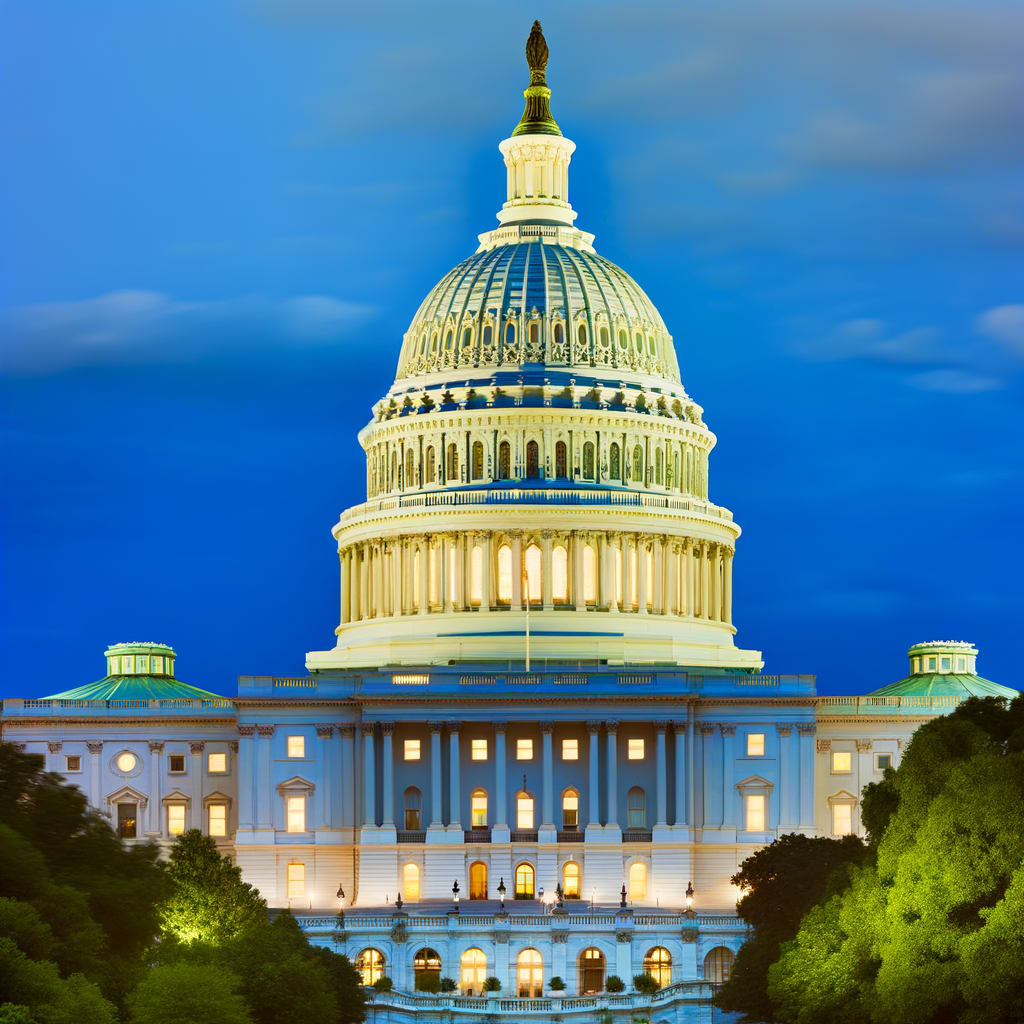U.S. Government Shutdown Nears End as Senate Passes Funding Deal
The U.S. Senate has passed a bill aimed at ending the longest government shutdown in the nation's history. The bipartisan agreement, which still needs to overcome more hurdles in Congress, would fund parts of the government until late January 2023, and includes measures to rehire federal employees laid off during the shutdown. The deal was reached after a group of moderate Senate Democrats agreed to support the bill, marking a significant step toward ending the 41-day government shutdown.
Background of the Shutdown
The U.S. has been in a budget standstill since October 1, leading to the closure of several federal government services and causing widespread disruption. The government shutdown, which has left millions of people who rely on federal benefits in limbo, has also resulted in thousands of federal workers either losing their jobs or working without pay.
Key Developments
The Senate Appropriations Committee released a three-bill spending package, known as a minibus, aimed at jumpstarting the government funding process. The package includes legislation that would fund military construction and the VA, the legislative branch, and agriculture and the Food and Drug Administration.
However, a sticking point in the negotiations has been the extension of expiring Obamacare subsidies. While the Senate Republicans view the package as a sweetener to attract Senate Democrats, many Democrats have rejected the measure due to the absence of healthcare subsidies that they had demanded for weeks.
Despite this impasse, eight Senate Democrats crossed the aisle to support the funding bill, which could lead to an end to the shutdown once the bill is passed by the House and signed into law by President Donald Trump.
Implications and Reactions
The end of the government shutdown is expected to have significant implications, not least for the millions of Americans impacted by the closure of federal services. The bill also includes a measure that Democrats particularly pushed for: the rehiring of federal employees who were laid off during the shutdown.
The reaction to the deal has been mixed, with some Democrats criticizing their Senate colleagues for what they perceive as a capitulation. However, others see the deal as a necessary compromise to end the shutdown and restore normality.
Current Status
The deal now awaits approval by the House of Representatives and a signature from President Trump to become law and officially end the shutdown. If successful, this would mark the end of the longest government shutdown in U.S. history, and would be a significant step towards restoring normal government operations. However, the absence of a resolution on Obamacare subsidies suggests that further political wrangling lies ahead.

